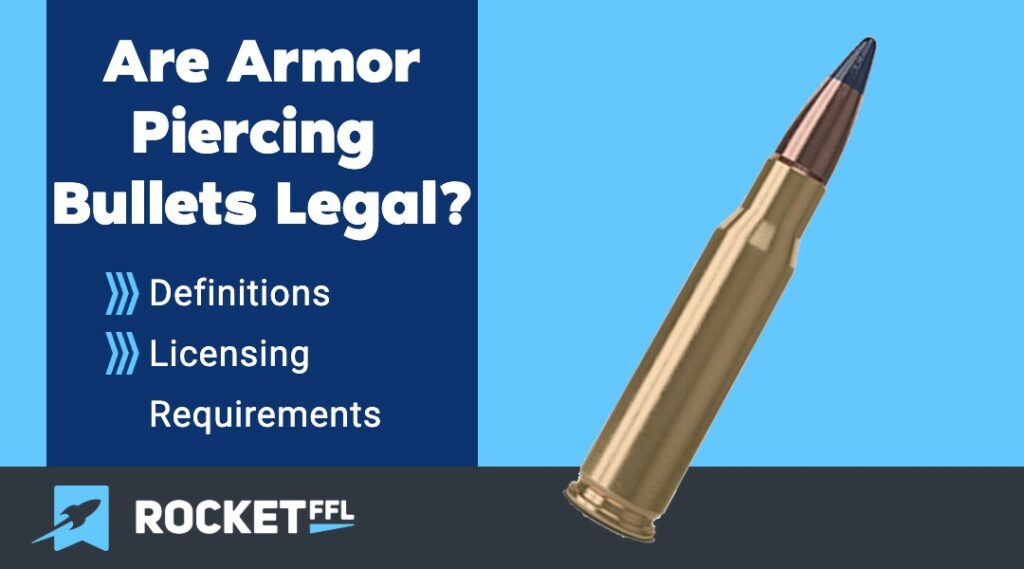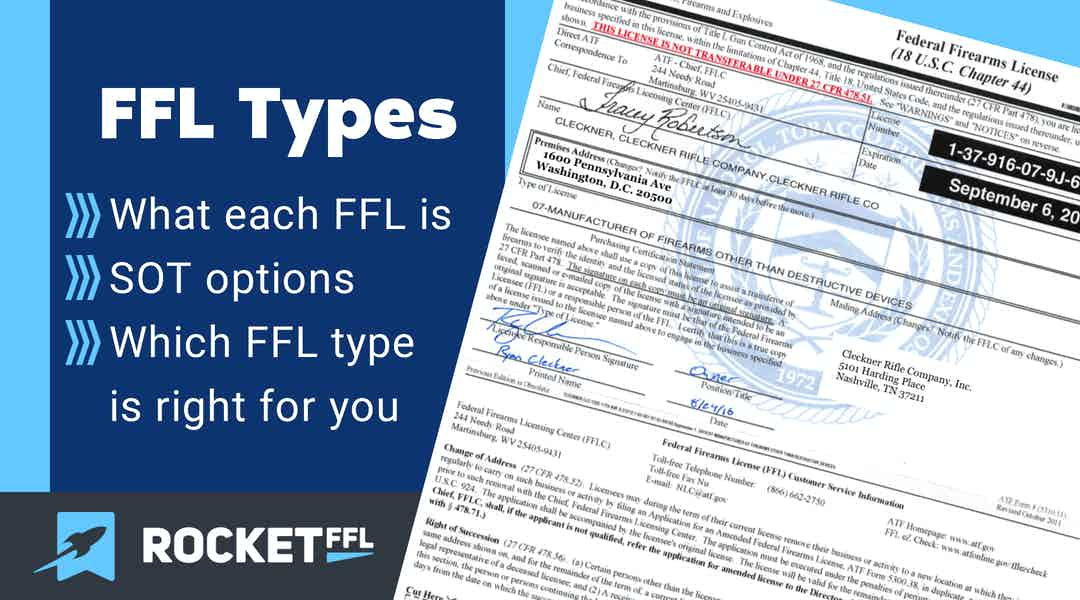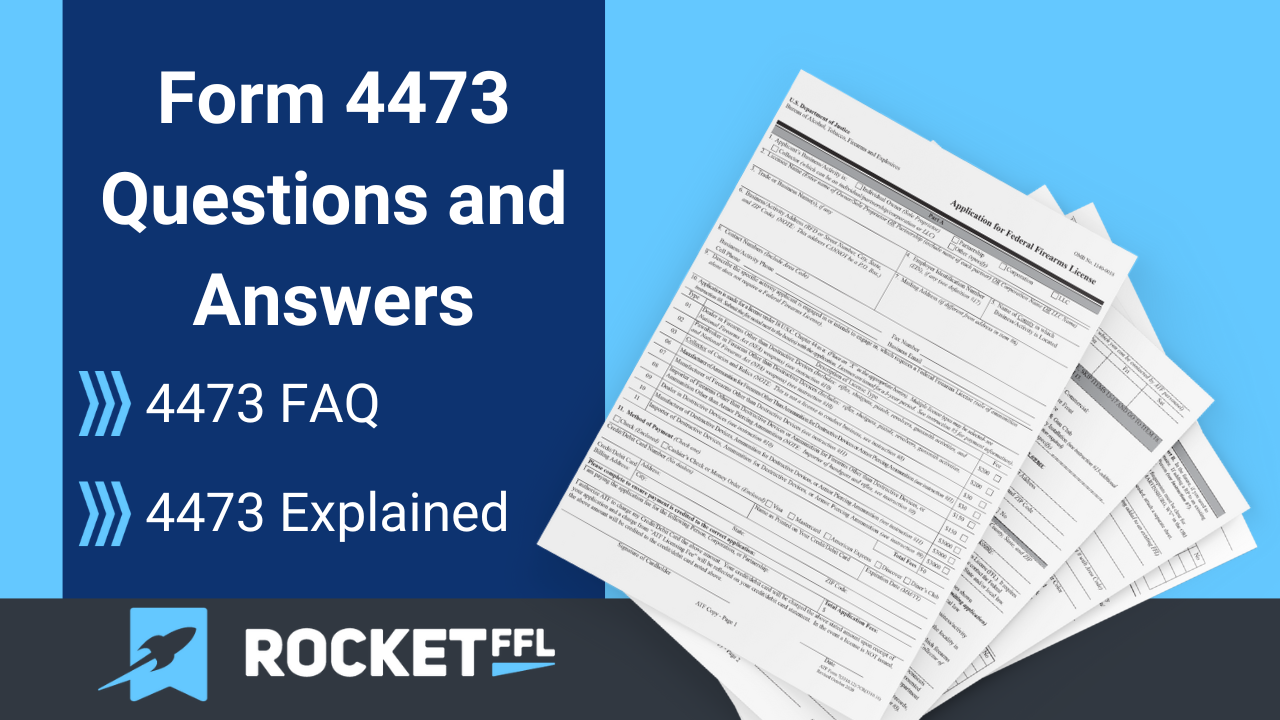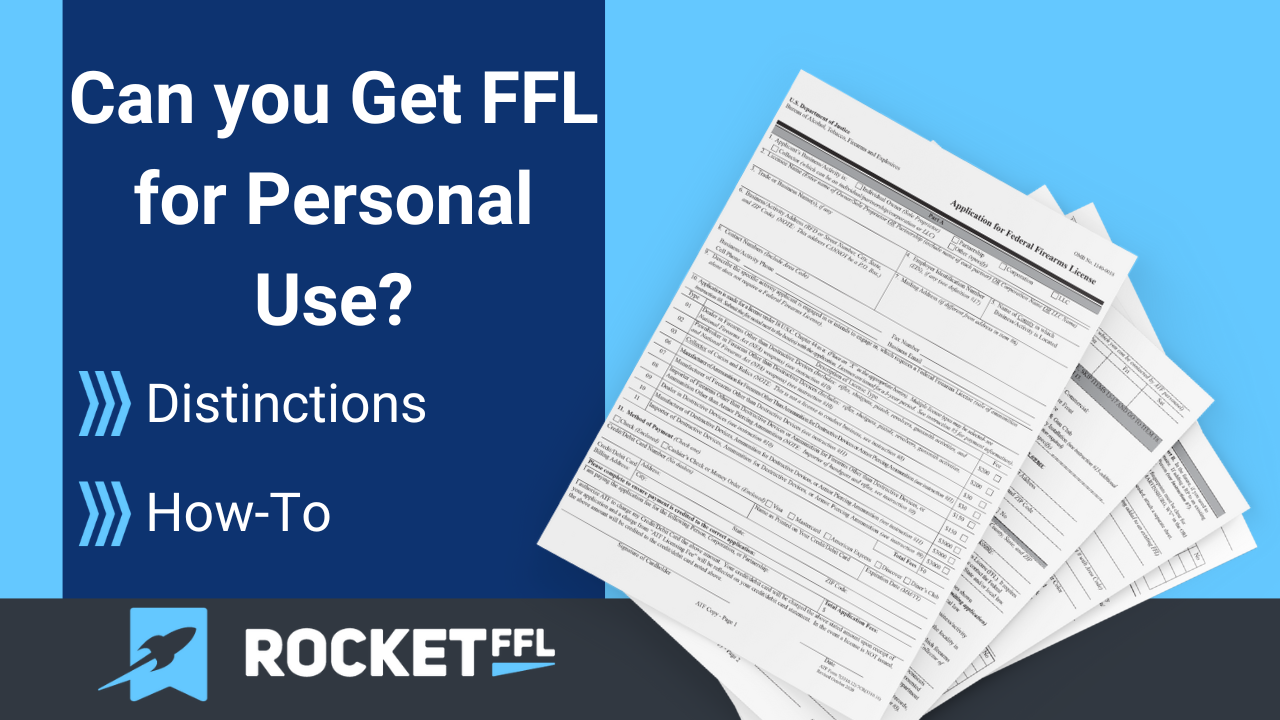There a different types of FFL to choose from. Make sure you understand which FFL type is best for you.

AP Ammo – Are armor piercing bullets legal?
Are armor-piercing bullets legal?
A: Yes. Under federal law it is perfectly legal to make, sell and purchase “armor-piercing” ammunition as long as you have the proper licensing. However, there are some nuances to the definition of “armor piercing” ammunition that we’ll explore in this article, along with the licensing requirements for making ammunition for sale.
To explore this topic, we’ll first discuss the federal definition of armor piercing ammo (which actually applies to armor piercing bullets) and then we’ll cover what licensing is needed in order to make ammunition for sale (whether it is AP ammo or regular ammunition).
What is armor-piercing ammunition?
Before we discuss AP ammunition, we first need to look at the federal definition for ammunition:
18 USC 921(a)(17):
(A) The term “ammunition” means ammunition or cartridge cases, primers, bullets, or propellant powder designed for use in any firearm.
As you can see, the legal definition for ammunition includes all the components of ammunition… it isn’t just the completed round of ammunition.
The components of ammunition are:
- Bullet – this is the projectile that is fired from the firearm – it is not the entire cartridge
- Primer – this is the part the ignites the powder when it is struck by a firing pin
- Powder – this is what burns and build gas pressure which propels the bullet down the barrel
- Case – this is the part of ammunition that holds everything else together. It is usually metallic (most often made of brass, but can be aluminum, steel, or polymer)
Knowing that each component is ammunition by itself is an important distinction here. First, as we’ll discuss next, the bullet alone is what is regulated as “armor piercing ammo.” Second, certain people can not posses ammunition (e.g. felons and other “prohibited persons“) and therefore the possession of an empty case is enough to cause trouble. Third, there are licensing requirements for making ammunition for sale. Often folks think that they don’t need an FFL to make only a component of ammunition, however, you can now see why this thinking is wrong.
Under federal law, “armor piercing ammunition” is:
18 USC 921(a)(17):
(B) The term “armor piercing ammunition” means—
(i) a projectile or projectile core which may be used in a handgun and which is constructed entirely (excluding the presence of traces of other substances) from one or a combination of tungsten alloys, steel, iron, brass, bronze, beryllium copper, or depleted uranium; or
(ii) a full jacketed projectile larger than .22 caliber designed and intended for use in a handgun and whose jacket has a weight of more than 25 percent of the total weight of the projectile.
As you can see, there are two parts to the definition of AP ammo and both apply to the projectile (bullet):
- Any bullet, or bullet core, which may be used in a handgun and is made of certain metals (e.g. steel, brass, etc.)
- A full-jacketed bullet larger than .22 caliber designed and intended for use in a handgun and whose jacket is more the 25% of the total weight.
Both definitions involve the use of a bullet in a handgun. This is because this law was adopted as part of the Law Enforcement Officer’s Safety Act and was intended to regulate “cop-killer” bullets from easily concealable firearms (handguns).
Note the distinction (emphasis added) between the first and the second definition. One requires a design intent to be used in a handgun, while the other applies if a bullet could possibly be used in a handgun.
The ATF has defined many bullets, that are typically rifle bullets, as able to be used in a handgun. For example, a .223 Remington cartridge, which is what most AR-15s fire, is a rifle cartridge. However, with the popularity of AR-15 pistols, the ATF has cracked down on certain .223 Remington bullets – for example, brass bullets. This is because a brass bullet for a .223 Remington cartridge is now “armor piercing” in the eyes of the ATF because it can be used in a handgun.
There is an exemption for some bullets:
18 USC 921(a)(17):
(C) The term “armor piercing ammunition” does not include shotgun shot required by Federal or State environmental or game regulations for hunting purposes, a frangible projectile designed for target shooting, a projectile which the Attorney General finds is primarily intended to be used for sporting purposes, or any other projectile or projectile core which the Attorney General finds is intended to be used for industrial purposes, including a charge used in an oil and gas well perforating device.
For example, “green tip” 5.56 ammunition (the military/NATO variation of .223 Remington) has been exempted by the ATF even though it has a tungsten steel “armor piercing” core.
Can you make and sell armor-piercing ammunition?
In order to make any ammunition for sale, you must have a Federal Firearms License (FFL) Specifically, you’d need a Type 6 or 7 FFL. If you’re only making standard ammunition for yourself, no license is needed.
The good news is that an FFL is fairly easy to get, even out of your home! Also, an FFL doesn’t cost as much as you might think. If you’re interested, check out our Get Your FFL Course.
If you want to make or sell AP ammo, you’ll need to get a Type 9, 10, or 11 FFL, and you’ll also need to become a Special Occupation Taxpayer (SOT). Don’t worry, we’ve got a course for that too. 🙂 As a manufacturer of AP ammo, you’ll need to accurately track and keep a log of every AP bullet you make, and you’ll only be able to sell to specific customers (typically government/LE) with approval.
If you’d like to learn more about how to make, sell, or even import AP ammo, please check out our ATF compliance course.
Armor Piercing Ammo FAQ
Yes, under federal law “armor piercing ammunition” is legal to make, sell, and possess if you have the proper licensing.
However, much of the ammo that is considered armor piercing in the common use of the term is not legally “armor piercing” as it does not meet the definition above and is therefore unregulated under federal law (e.g. green tip ammo).
Yes, Green Tip Ammo is Legal. Although it technically can pierce armor, it does not meet the federal definition of “armor piercing ammo” that is highly regulated.
Recommended Posts
20 thoughts on “AP Ammo – Are armor piercing bullets legal?”
Leave a comment




I cannot find any law language which states that a person who can legally own a gun cannot make there own AP ammo for personal use or protection. Taking a 12ga target shell, for instance, and removing the pellets then replacing them with an AP homemade slug for personal use would be legal. Or for any other shell you use in your own rifles. The laws governing this actually control only the manufacturing and selling of such AP bullets.
Shelby
My interpretation of the quoted law is that the restrictions only apply to ammo that is specifically intended for handgun use or could be used in a handgun. How does that apply to 7.62×39 ammo?
Why can you not be a Dealer, Manufacturer AND Importer/Exporter for any type of firearm, ammo or DD? TIA
You can. You just have to have the proper license types.
This statement is incorrect, as M855 does not have a Tungsten Core, but a mild steel core. It is not classified as AP Ammo, M993 AP is the Tungsten Core 5.56×45 round, usually only issued in belts for the M249 and not sold to the public.
“For example, “green tip” 5.56 ammunition (the military/NATO variation of .223 Remington) has been exempted by the ATF even though it has a tungsten steel “armor piercing” core.”
Do you have a source for this? Everything I can find says that m855 has a tungsten core.
Is it illegal to simply own AP ammunition, i.e., ammunition that the owner neither makes nor sells?
That depends on too many factors to give a legal answer online. Sorry.